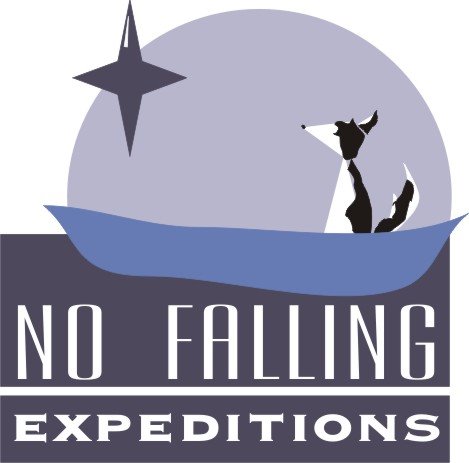11/13/06 (Day 62): Benjamin's Readiness to Serve Essay
Readiness to Serve Essay
By: Benjamin Skolnik
Due: Monday, November 13, 2006
Much of what I wrote in my original Aspiration Statement remains accurate. However, I was impressed by how much my statement focused on me and my role. That is to say, the language I used centered, or revolved, around me as a volunteer as though I hold the power of development and change. One important aspect of pre-service training new to me is the Peace Corps paradigm that the volunteer is an ‘agent’ of change. The volunteer can act as a catalyst of activity by identifying leaders and ideas and connecting people and resources for a given community. As a foreigner, building bridges at a local or grassroots level would have seemed ironic and paradoxical eight weeks ago. In my graduate training and prior experience, foreigners are viewed as effective sources of funding and technical expertise. Yet, now I appreciate the power of the novel role of the North American to excite people to share ideas and engage in new projects. Whereas my Aspiration Statement suggested I held the power to affect change, now I might state it otherwise; the potential for positive change or development lies in the community and is invigorated by the volunteer. For me this subtle difference has realigned the planets of my theoretical mind and will, I believe, be even more paramount in practice as I engage with my community.
I believe development is a complicated term that is ultimately defined locally just as a Peace Corps Volunteer’s site changes significantly throughout the country and even within departments. In the case of Peace Corps, development, then, is a discussion of desired outcomes between the community and the volunteer. Communities may always be changing, but the notion of Peace Corps is that a volunteer can help guide this change in a positive direction. Positivity is ultimately determined by the values of both the individuals in the community and the volunteer. That is to say, a project will not likely commence or be sustained if all parties cannot agree it is desirable. Development may be stated, in summary, as the positive change resulting from an inclusive, continual discourse between communities and external agencies.
The host of diagnostic tools will be a combination of individual scientific rigor on my part to deduce community needs and desires but also the information and activity of people in my community. Furthermore, the development discourse will involve ideas from community members and me. The aim of our PACA tools is to objectively state, among other things, the resources and sentiments in the community. Yet, as a trained scientist, much of what I have taken from my pre-service training is that development is a subjective experience, a two-year journey of inter-cultural dialogue, that is exciting, a little dangerous, and certainly challenging. I am ready!
By: Benjamin Skolnik
Due: Monday, November 13, 2006
Much of what I wrote in my original Aspiration Statement remains accurate. However, I was impressed by how much my statement focused on me and my role. That is to say, the language I used centered, or revolved, around me as a volunteer as though I hold the power of development and change. One important aspect of pre-service training new to me is the Peace Corps paradigm that the volunteer is an ‘agent’ of change. The volunteer can act as a catalyst of activity by identifying leaders and ideas and connecting people and resources for a given community. As a foreigner, building bridges at a local or grassroots level would have seemed ironic and paradoxical eight weeks ago. In my graduate training and prior experience, foreigners are viewed as effective sources of funding and technical expertise. Yet, now I appreciate the power of the novel role of the North American to excite people to share ideas and engage in new projects. Whereas my Aspiration Statement suggested I held the power to affect change, now I might state it otherwise; the potential for positive change or development lies in the community and is invigorated by the volunteer. For me this subtle difference has realigned the planets of my theoretical mind and will, I believe, be even more paramount in practice as I engage with my community.
I believe development is a complicated term that is ultimately defined locally just as a Peace Corps Volunteer’s site changes significantly throughout the country and even within departments. In the case of Peace Corps, development, then, is a discussion of desired outcomes between the community and the volunteer. Communities may always be changing, but the notion of Peace Corps is that a volunteer can help guide this change in a positive direction. Positivity is ultimately determined by the values of both the individuals in the community and the volunteer. That is to say, a project will not likely commence or be sustained if all parties cannot agree it is desirable. Development may be stated, in summary, as the positive change resulting from an inclusive, continual discourse between communities and external agencies.
The host of diagnostic tools will be a combination of individual scientific rigor on my part to deduce community needs and desires but also the information and activity of people in my community. Furthermore, the development discourse will involve ideas from community members and me. The aim of our PACA tools is to objectively state, among other things, the resources and sentiments in the community. Yet, as a trained scientist, much of what I have taken from my pre-service training is that development is a subjective experience, a two-year journey of inter-cultural dialogue, that is exciting, a little dangerous, and certainly challenging. I am ready!


<< Home